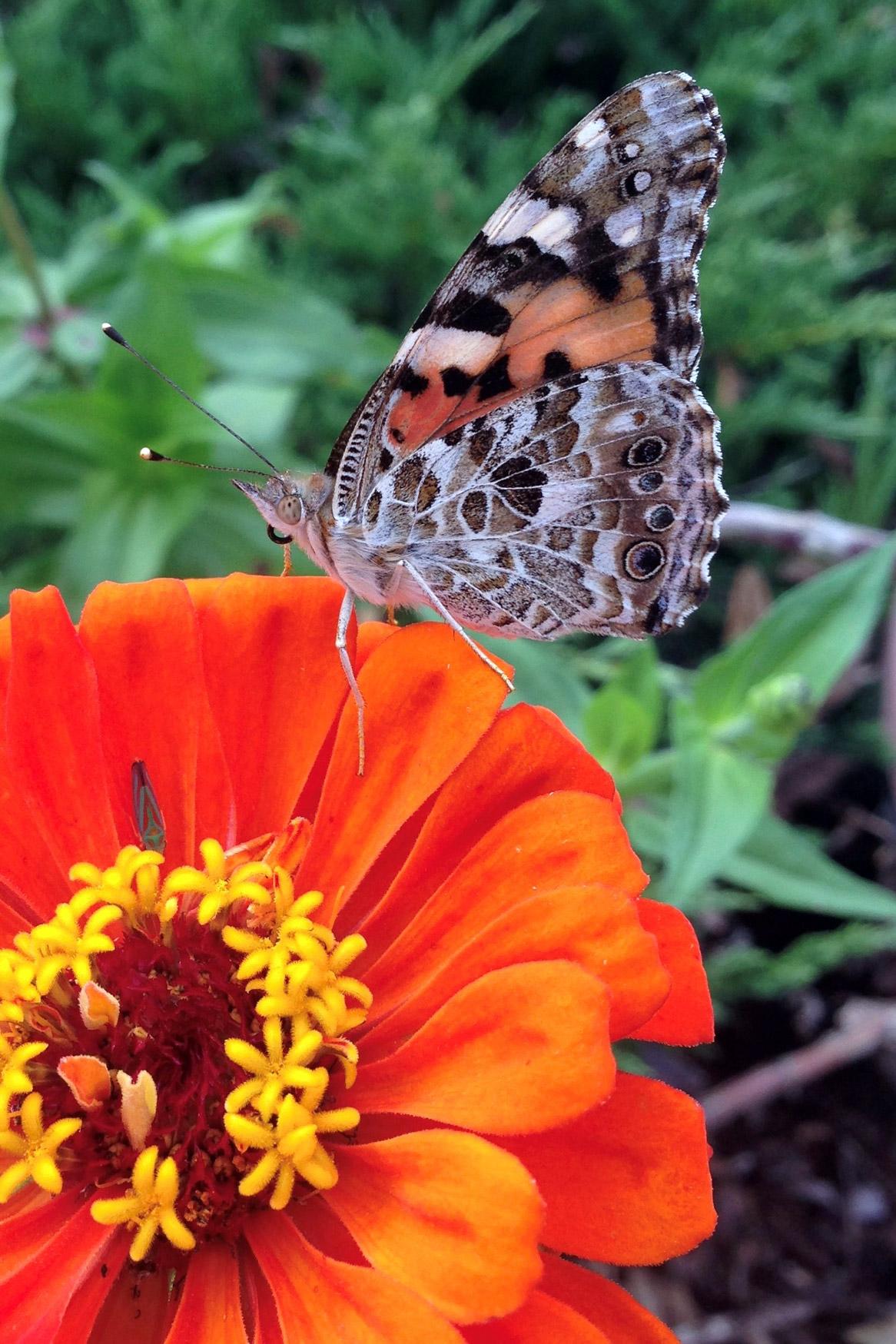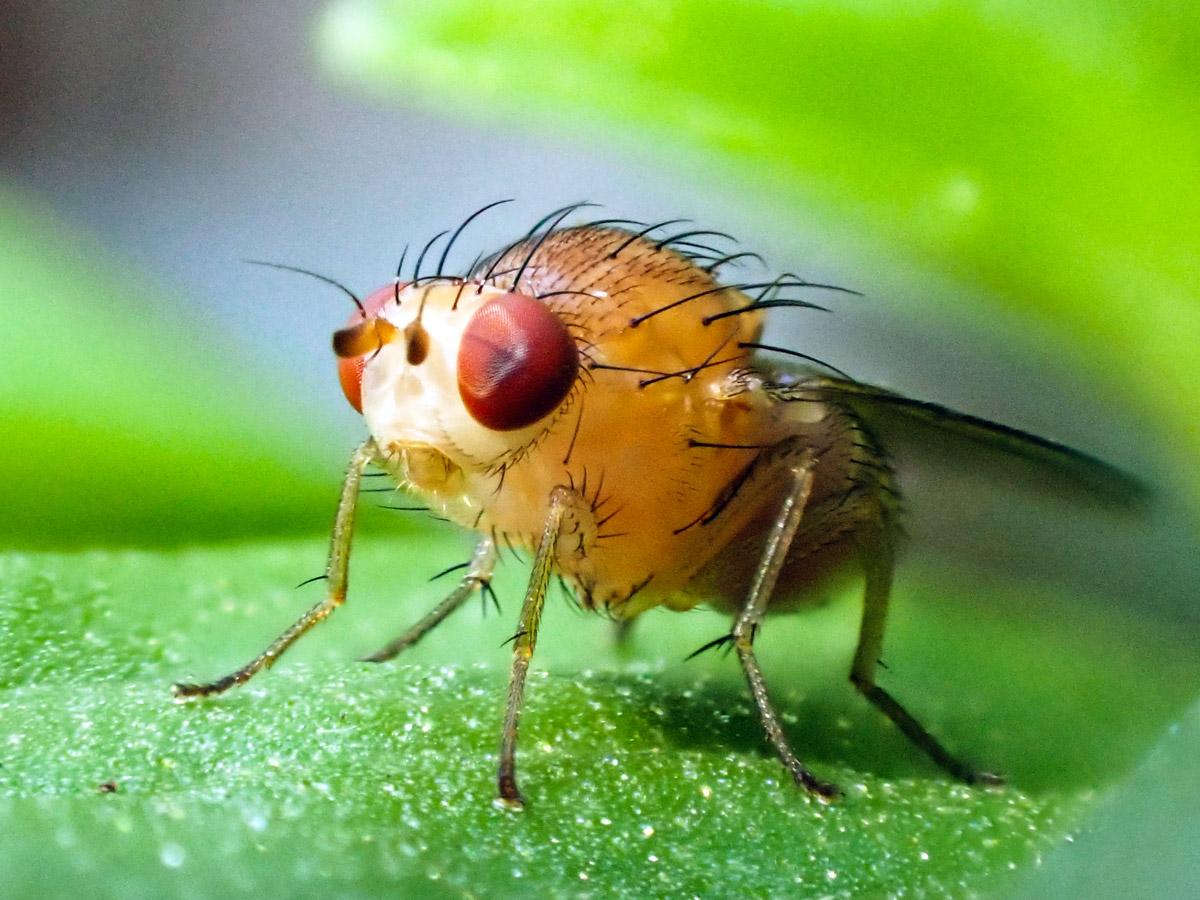New citizen science project to create a buzz in rural Australian schools

School students will be able to document their local insect biodiversity and potentially discover new species in their area, as part of a new project led by South Australian Museum and University of Adelaide scientists.
The new citizen science project called Insect Investigators has launched this week during National Biodiversity Month. Applications are being sought from regional and remote schools in South Australia, Queensland, and Western Australia to be involved in the project.
“We have formal scientific names for only 30% of the insects in Australia. This project aims to grow this percentage by finding out what insects are inhabiting regional and remote areas,” said project manager Dr Erinn Fagan-Jeffries.
Dr Fagan-Jeffries is an Australian Biological Resources Study Postdoctoral Fellow with the University of Adelaide and Honorary Researcher at the South Australian Museum.
“Insect Investigators is all about connecting school students with the process of discovering and documenting their local environment and the insects that live within it.”Dr Erinn Fagan-Jeffries
Insect Investigators is looking for 50 regional and remote schools to join the project which will kick off in January next year.
The project requires schools to set up and run an insect trap on or near their school property in Term 1 2022. The specimens will then be studied by researchers to help build and expand on the knowledge of Australia’s insect species.
The selected schools will receive updates about the insects they collected, resources to help teachers link the project to the curriculum, and access to online sessions with scientists.
“We’re encouraging as many schools as possible to fill out their application and get involved. The students will learn about the importance of biodiversity and have a lot of fun in the process,” said Dr Fagan-Jeffries.

“We’re looking forward to see what discoveries the schools make. Who knows, we may even find a new species and if we do, we’ll work with the students to name and formally describe it.”
Applications are now open to remote and regional schools in SA, QLD, and WA who can apply online by 15 October.
Insect Investigators received grant funding from the Australian Government, led by the South Australian Museum and involves 16 partner organisations.
